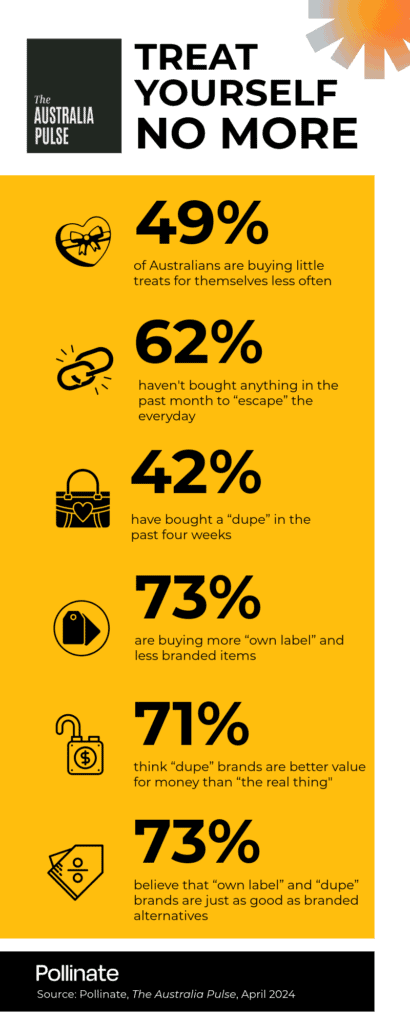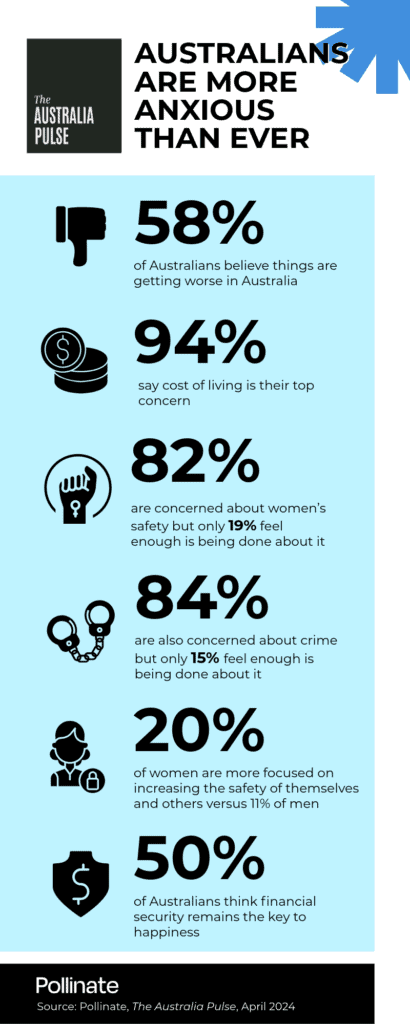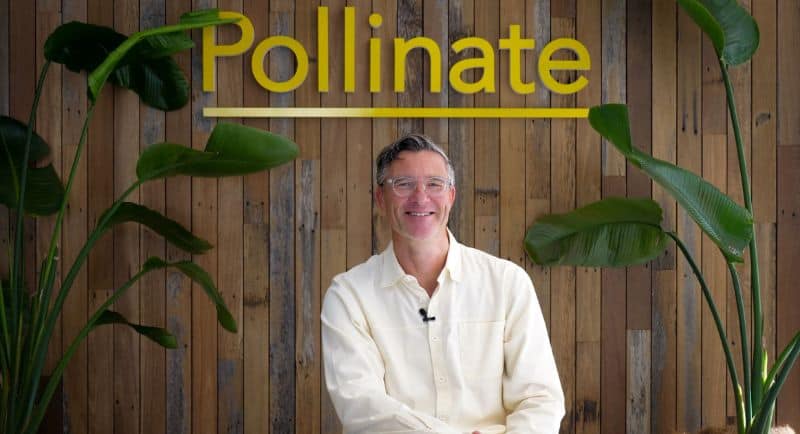Pollinate’s bi-annual The Australia Pulse study has revealed that the cost of living remains the top concern for Australians – at 94% – as people increasingly turn to “designer duplicate” brands or “dupe” products that resemble high-end products for a fraction of the price.
49% of people have bought a dupe in the past four weeks, 75% think the existence of dupes is proof brands are overpriced, and 73% agree that dupes reveal which brands charge too much.
The study found that women were most receptive to dupes, with 54% having bought a dupe in the past four weeks. 70% of women also believe that dupes are the “Robin Hood” of brands: taking away from corporations and giving back to consumers.

Pollinate CEO Howard Parry-Husbands told Mediaweek that while brands affected by the rise of dupes can eventually win back customers, it can only be done if they demonstrate a better value equation.
“Most brands are still produced unsustainably, all wrapped in plastic, priced at a premium and have not done much in the way of helping the common person with the (immediate) cost-of-living crisis or (long term) anxiety over unsustainable production, waste, plastic and more,” he said.
“More to the point, brands affected by the rise of dupes are also the brands that have responsibility for their existence. Most people think of a dupe as a ‘Robin Hood’ brand – one that sells their product at a discounted rate for those less fortunate. That means if your brand has a ‘dupe’ then you could well be the greedy sheriff who has been taking from the people.
“People are at the point where they feel liked they’ve been robbed for a long time. That means, as a brand, the best way to win back customers is by giving back to the people.”
The study recorded that 49% of the country are buying little treats for themselves less often and 62% did not buy anything in the past month to “escape” the everyday. Almost half of Australians have cut their spending on little treats, from alcohol through to clothing, footwear and even takeaway coffee.
Concern about women’s safety and crime has also increased sharply over the past six months, now ranking third and fourth respectively.
58% of people believe things are getting worse, with the research showing economic and social concerns are at their highest level since Pollinate started conducting the study 17 years ago.
Yet, despite a long list of deepening concerns, 68% of Australians say they are happy with life right now (up from 63% last year) and 88% believe they are in control of their own happiness (up from 86%). Almost 90% of people say they are happy to be living in Australia today.

Looking at the research as a whole, Parry-Husbands said brands need to focus more on why customers look elsewhere.
“[Brands say] ‘What can we do to win back trust or win back customers?’ but, in reality, the question is not how to win customers back but to figure out what caused your brand/product to lose them in the first place,” he said.
“The big issues the research presents is a chronic lack of long-term thinking, which is partly cultural – Australians are culturally very short-term thinkers, and partly structural – Australia is quite an isolated economy, riven with duopolies. That means we are generally poor at recognising social and cultural shifts – and resist them –until they wash over us.
“The shift we’re seeing through The Australia Pulse research is that most people are holding a huge amount of anxiety and stress. This tension will have to be relieved and it is unlikely that any significant policy decisions will be made that deliver this relief. Instead, people will begin to change their habits: they will choose to buy the same for less, or buy less or even buy differently.
“As habits are hard to break, society will possibly not return to old patterns of behaviour. This starts a feedback loop that will also entrench new habits like buying a dupe brand that is seen as good quality and makes the consumer feel good and save money.”
Pollinate’s research was conducted in April this year and covered 1,006 people aged 14 to 64 across Australia.
